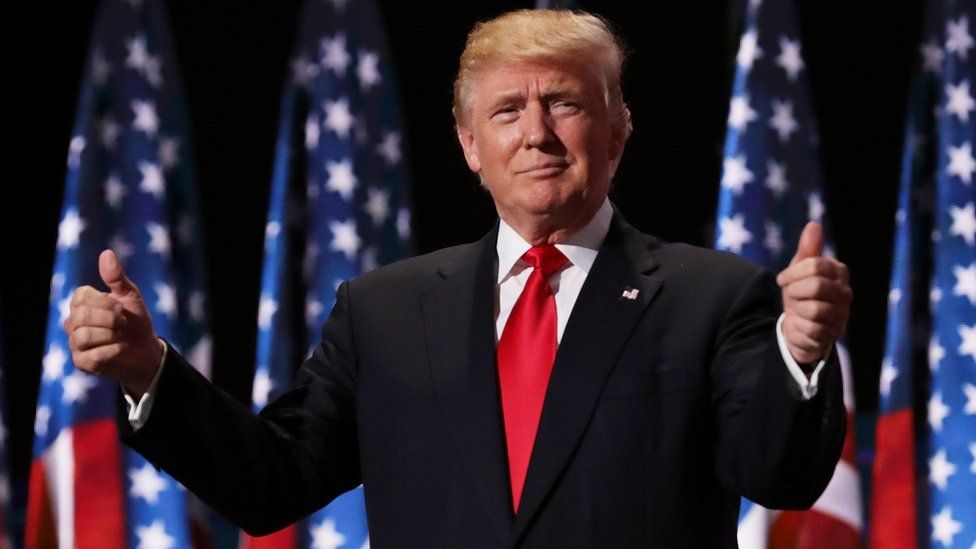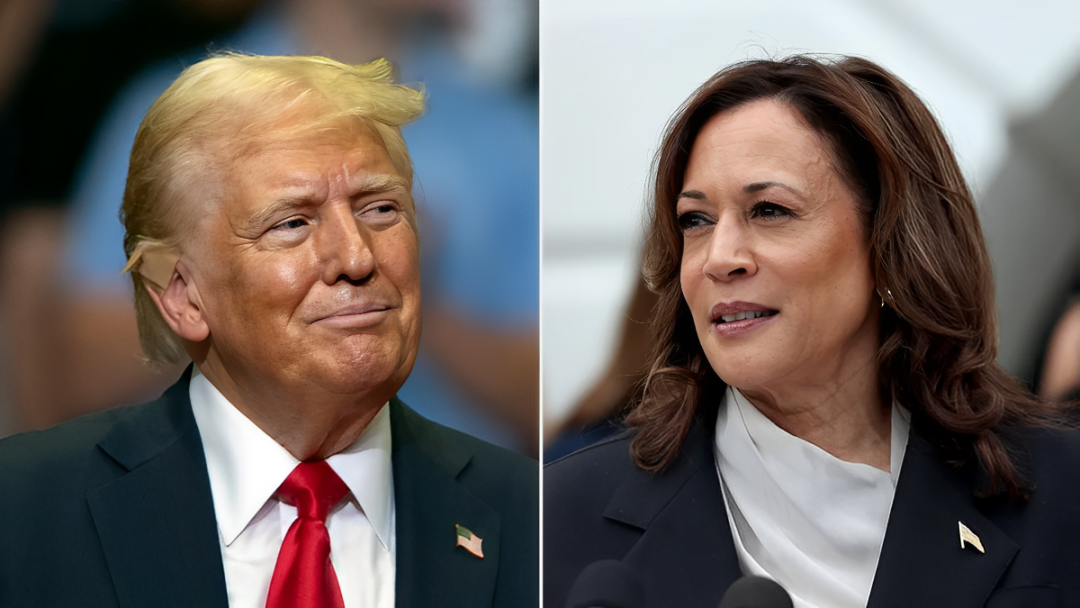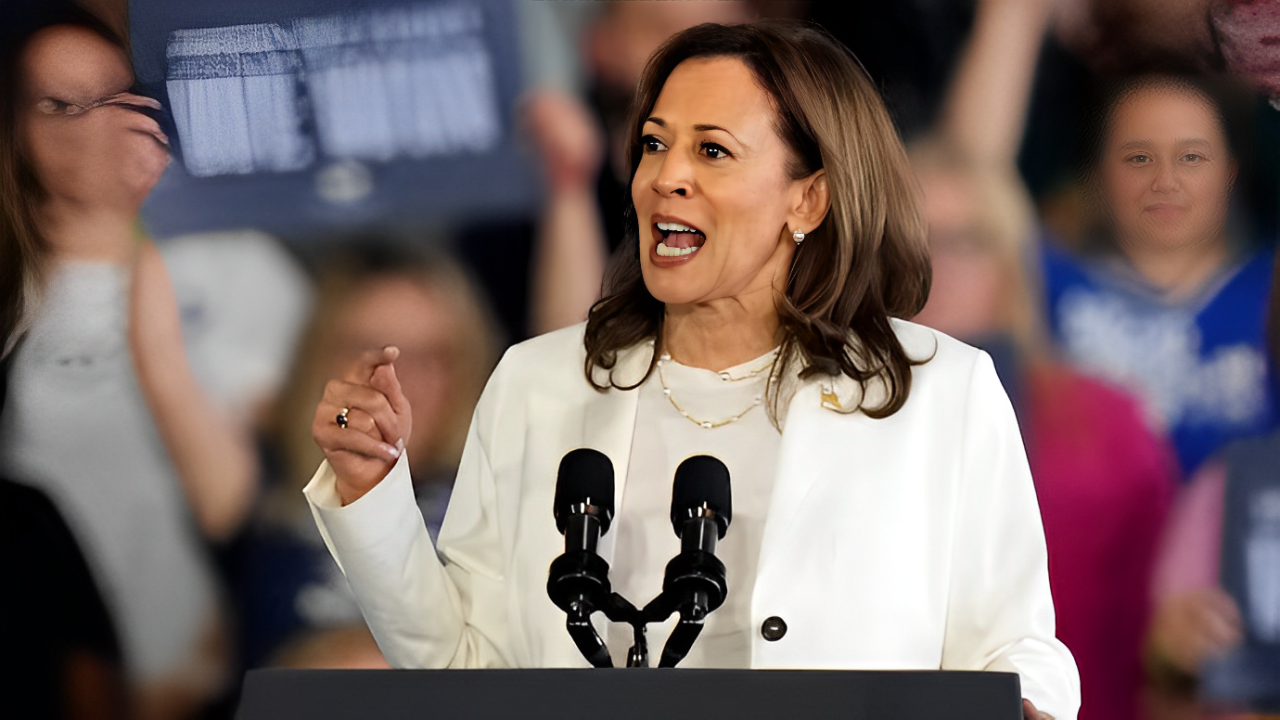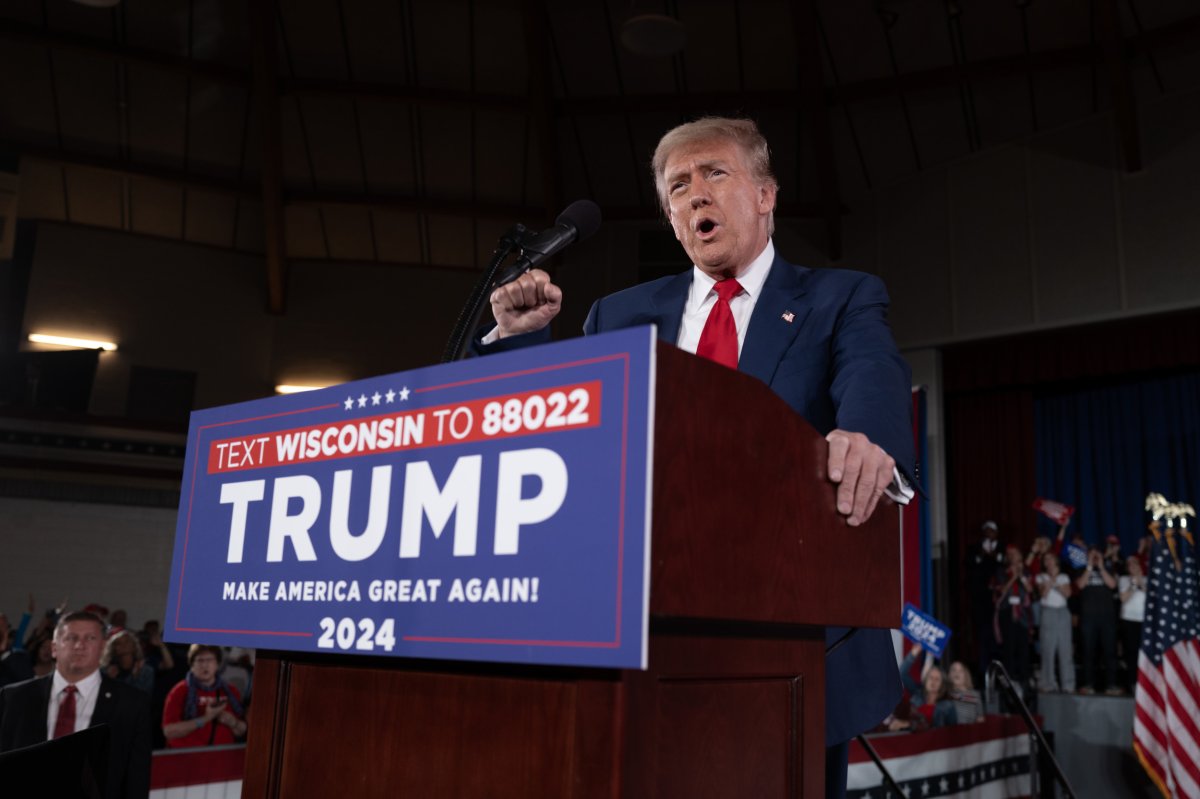Are you someone who likes to find a good deal on gas prices? In these times of inflation and rising costs, saving a little money can feel like a big win. Gas prices have become a major talking point during the presidential election.
Many voters blame the president for high gas prices, but there are many factors that determine what you pay at the pump. So, what happens if Donald Trump eliminates income taxes? How might that impact the cost of gas?
Impact of Tariffs
Trump has mentioned possibly using tariffs to get rid of the federal income tax. A tariff is a tax on imported goods, intended to help domestic companies compete.
If federal income tax is removed, you might save money there, but you’ll likely pay more for everyday items. According to economists quoted by Forbes, “Everyday necessities, like clothing, food, and household goods, as well as significant purchases like electronics, vehicles, and equipment, will immediately increase in price.”
Gas Price Factors
To understand how this might affect gas prices, let’s break down the main parts of the retail price you pay for gas, according to the U.S. Energy Information Administration:
- Cost of Crude Oil: This is the biggest part of the retail price.
- Refining Costs and Profits: These vary by season and region. Different formulations are needed to reduce air pollution in different parts of the U.S.
- Distribution and Marketing Costs and Profits: Local market conditions affect these costs, meaning where you live impacts what you pay.
- Taxes: Taxes also play a role in the retail price of gas.
Read More: 2024 Polls: Kamala Harris’ Battle with Trump and What It Means for Democrats!
Higher Gas Prices
If Trump becomes president again and eliminates income taxes, gas prices are likely to go up. Just like with other goods and services, prices will rise to make up for the lost income tax revenue.
With tariffs, companies face higher business costs. Tariffs increase the cost of imported goods and also raise the costs of domestic goods due to higher demand and limited supply.
In the case of gas, tariffs and higher costs can affect all major components of the retail price. You might see higher crude oil costs, refining costs, distribution and marketing costs, and possibly higher taxes to compensate for the lost income taxes.



